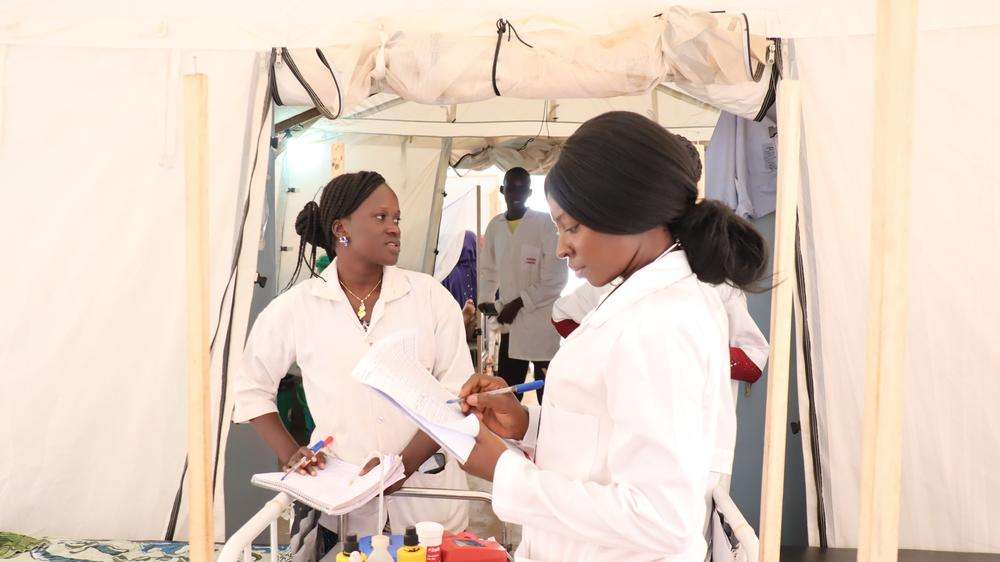NEW YORK/NEW DELHI, APRIL 29, 2020—Amidst the ongoing global crisis caused by the COVID-19 pandemic, the United States Trade Representative (USTR) released its annual “Special 301 Report” today that calls out countries for implementing and supporting public health safeguards in their intellectual property laws and policies. The US government uses this report to annually target countries it believes are not adequately protecting and enforcing intellectual property policies. This pressure could hinder targeted countries’ ability to make available affordable, generic versions of any new COVID-19 drugs that are approved.
At the behest of pharmaceutical corporations, the 2020 Special 301 Report threatens with trade sanctions India, Brazil, China, Malaysia, Chile, Canada, and several other countries for taking steps to ensure access to medicines. Specifically, these countries are facing unwarranted pressure for making it easier for companies to obtain patents on their medicines, which blocks generic manufacturing of the same medicines until the patents expire. Additionally, the report criticizes countries’ use of compulsory licensing, a legal tool that allows lower-cost versions of desperately-needed medicines to be supplied while a medicine is still under patent.
The COVID-19 pandemic brings to light how intellectual property rules and provisions are an impediment to people’s access to treatment, diagnostics, and vaccines globally. As a consequence, a growing number of countries—from Chile to Germany—have indicated that they are prepared to issue compulsory licenses to overcome monopoly control over medical tools to address the pandemic. The US government should not consider the use of this legal option as something countries should be punished for doing.
Meanwhile, instead of finding ways to address the barriers, the US government is favoring these monopolies. For example, USTR recently criticized the Netherlands for its plan to adopt more public health-friendly compulsory license rules. The emergency coronavirus spending bills adopted in March in Washington, DC left out provisions that would have limited big pharma’s intellectual property rights and allowed the government to take action when publicly-funded medicines are priced out of reach. The Special 301 Report is another strike to block more affordable generic versions of medicines and keep their prices high even in the middle of the pandemic.
Leena Menghaney, head of South Asia for Doctors Without Borders/Médecins Sans Frontières’ (MSF) Access Campaign:
“At a time when governments across the globe are struggling to provide adequate healthcare, it is ludicrous that the USTR is continuing to aid pharmaceutical corporations to profit from the abuse of intellectual property. It is a matter of concern that the US government is going after countries in the middle of the COVID-19 pandemic for encouraging generic competition and price-lowering mechanisms to ensure access to medicines.
“Medicines are meant to save lives, but what is the use of such medicines if they are unaffordable and inaccessible to millions of people even during a global health crisis. India, which has been on this watch list for years is a major supplier of drugs across the globe, particularly in low- and middle-income countries. However, the US has been criticizing the very same IP and medicines policies that ensure uninterrupted global supply of medicines to many low- and middle-income countries.
“Instead of pressuring countries like India for making use of public health safeguards consistent with international trade and intellectual property rules, the US government should take this opportunity to increase global collaboration, mitigate this public health crisis looming over humanity, and favor mandatory open sharing of COVID-19 technologies. At this moment, in the absence of any global framework to ensure access to lifesaving medical tools, it is imperative that countries promote flexibilities available under international trade rules to overcome barriers to COVID-19 treatments, diagnostics, and vaccines.”





